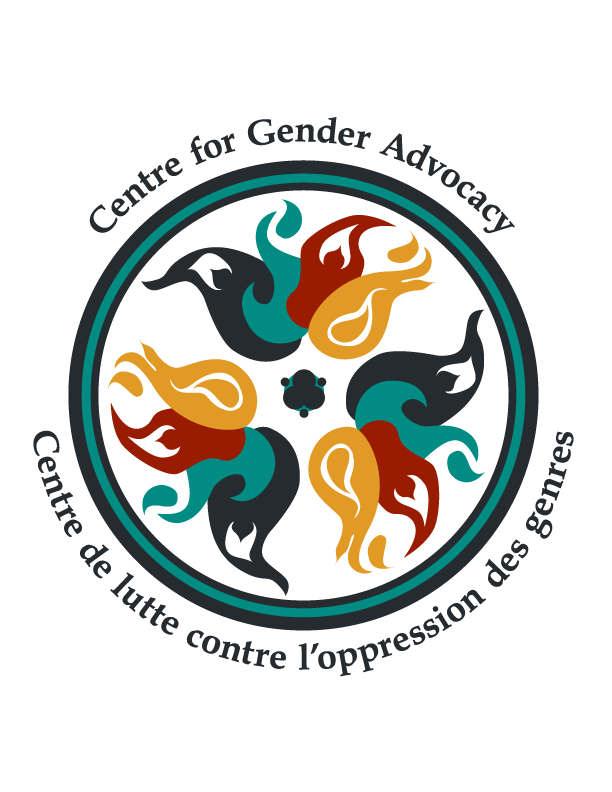BUILDING ABOLITION FUTURES
Feminist Troubles with Protection in a Prison Nation
a panel & discussion featuring Erica Meiners followed by a presentation by
the Prisoner Correspondence Project
THURSDAY, MARCH 18th, 2010
4:30-6:30pm
H-760 (7th floor, Hall Building, 1455 De Maisonneuve Blvd. West)
Using recent work by anti-prison theorists and community-based activists who
are working against prison industrial complex in the US, this talk links
prison abolition to feminist frameworks to question escalating sex offender
registries and community notification laws that are the state’s response to
sexual violence against children and women. This will be followed by a
discussion on the queer history of sex offender registries in the United
States and their growth in the last two decades, the foundation of
current shifts in the U.S. juvenile justice system, and using abolition
as a possible framework to shift public dialogues about safety as well as
conceptions of childhood and family.
This event is wheelchair accessible; elevators are located on the ground
floor of the Hall Building, accessible via de Maisonneuve or Bishop street
entrances. If you require childcare for this event, please contact us 48
hours before the event.
*
The Prisoner Correspondence Project is a working group of the Quebec Public
Interest Research Group (QPIRG) at Concordia University and an affiliate
group of the 2110 Centre for Gender Advocacy.
This event is presented by the Simone de Beauvoir Institute*.
_________________________________
www.prisonercorrespondenceproject.com
The Prisoner Correspondence Project is a collectively-run initiative based
out of Montreal, Quebec. It coordinates a direct-correspondence program for
gay, lesbian, transsexual, transgender, gendervariant, two-spirit, intersex,
bisexual and queer inmates in Canada and the United States, linking these
inmates with people a part of these same communities outside of prison. In
addition, it coordinates a resource library of information regarding harm
reduction practice, HIV and Hep C prevention, and gay and trans survival
inside prisons. The project also aims to make prisoner justice and prisoner
solidarity a priority within queer movements on the outside through events
like film screenings, workshops, and panel discussions which touch on the
broader issues relating to criminalization and incarceration of queers and
trans folks.
